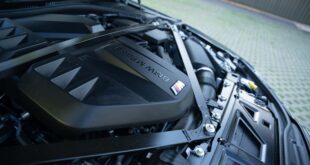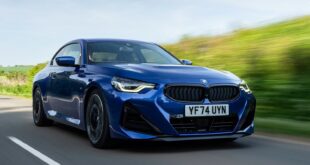
In the face of all the new regulations and efforts made to alleviate our carbon footprint, we have actually been taking a push and pull when it comes to our commitment with the global emissions. As recently reported by Reuters, it was found out that European emissions in 2019 appear slightly higher than in 2018, even though legal requirements have already been achieved by automakers.
Evidently, that disparity is due to vehicles like the SUVs that considerably emit more than regular cars. Despite the fact that model lineups of automakers qualify to the emissions standards, due to the different hybrids and small-engine vehicles, a greater number of customers now have resulted to prefer the big, carbon-spewing SUVs. Thus, making the European emissions results, over the past year, much worse.

In 2019, it was stated that about 122 grams of CO2 per kilometer was the average emissions for new cars in the EU, which consequently was below the 130-gram target, creating no fuss around automakers for the increased emissions. However, the new 2020 regulation will drop that target number to just 95 grams per kilometer. That’s a radical 22% drop and that will most likely be a challenge for automakers to meet in just one year’s time.
However easy you might think that is by producing more EVs, it still just doesn’t cut it for EVs to make a significant difference in global emissions until electrification is still expensive and the clientele base isn’t as reliable yet.
So the question is, how is a brand like BMW going to maintain that below 95-gram emissions standard? Expect a lot more plug-in hybrid vehicles or a likely more and more hybrid SUVs. The solution boils down to companies moderating the problem of SUV-buying customers by modifying SUVs to be more efficient and reduce its pollutants.

Possibly, you’ll see BMW producing a lot more of plug-in hybrids, perhaps even more hybrid SUVs. Meanwhile, cars like BMW X5 xDrive45e and X5 xDrive30e will be helpful in managing down the SUV emissions- enough to keep BMW under the margin. Moreover, in order to attract public attention and patronage, BMW needs to offer better incentives for hybrid SUVs.
As massive changes are ahead before automakers, it will be very interesting to watch as to how quickly they will adapt and meet the new regulations.
 BMW.SG | BMW Singapore Owners Community The Ultimate BMW Community – Established Since 2001
BMW.SG | BMW Singapore Owners Community The Ultimate BMW Community – Established Since 2001













